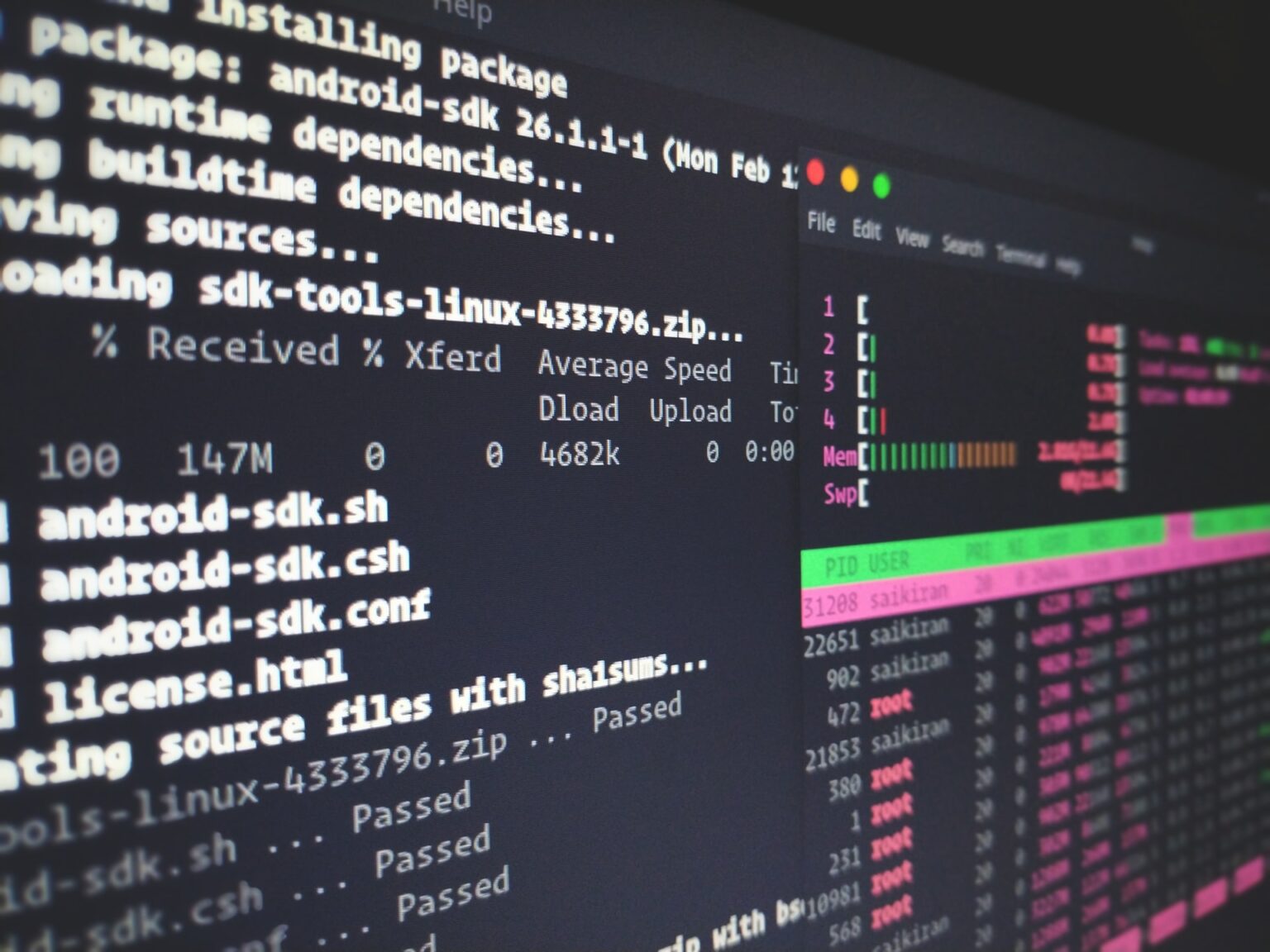What is Unix?
Unix is an operating system that is proprietary. For servers, desktops, and laptops, it is a stable, multi-user, multi-tasking system. Unix is an OS that is popular in businesses, colleges, big businesses, etc. Initially, the Unix OS worked on the command line interface, but recently, on Unix systems, there have been GUI developments.
What is Linux?
Linux is an open-source operating system commonly used for computer hardware and software, game development, tablet PCs, mainframes, etc., which is free to use. The fact that it could be installed on different kinds of computers, mobile phones, tablets, video game consoles, etc. was what made it stand out. One of the most prominent examples of free and open-source software collaboration is the growth of Linux. Many businesses and similar numbers of people today have released their own version of the Linux Kernel-based OS, e.g. iOS from Apple.
Unix vs. Linux:
Unix
Linux
Unix finds its use predominantly in internet servers and workstations. Linux can be used by everybody from beginners, to developers to mere enthusiasts, alike.
Unix distributions are mostly developed by AT&T and various commercial vendors and non-profit organizations. Linux is developed by Open Source development and it is distributed by various vendors.
Unix is available on PA-RISC and Itanium machines supporting processors such as x86/x64, Sparc, Power, Itanium, PA-RISC, PowerPC, and many others. Linux was originally developed for Intel’s x86 hardware uses way more processors in number with ports available for several different CPU types.
Originally the Bourne Shell was Unix’s default. Now it’s compatible with many others including BASH, Korn & C. BASH is the Linux default shell. It can support multiple command interpreters.
Unix was a command-based OS, but later a GUI was created called Common Desktop Environment. Linux typically provides two GUIs, KDE & Gnome.
Unix isn’t portable. Linux can be booted using a USB stick.
Limitations of Unix:
The Unix interface is, to say the least, unfriendly, terse, inconsistent, and non-mnemonic.
Unix OS is not designed for fast performance altogether.
Because typing errors can destroy files, the Shell interface can be treacherous.
The versions of Unix lack overall consistency because they vary from machine to machine.
Unix does not provide any guaranteed response time for hardware interrupts, so it does not support real-time response systems.
Limitations of Linux:
Any Standard Edition of Linux is not available.
Linux has patchier driver support that may result in the entire system malfunctioning.
Many Windows-exclusive programs only run on Linux with the help of a complex emulator like Microsoft Office.











